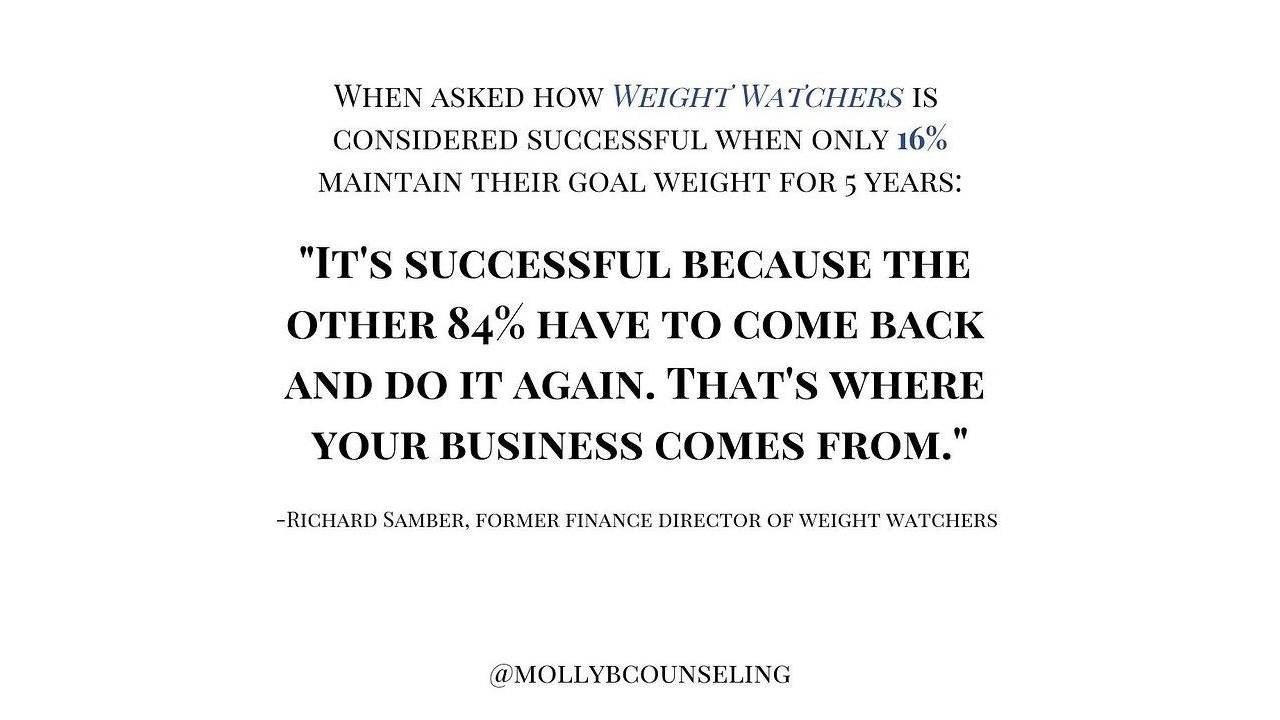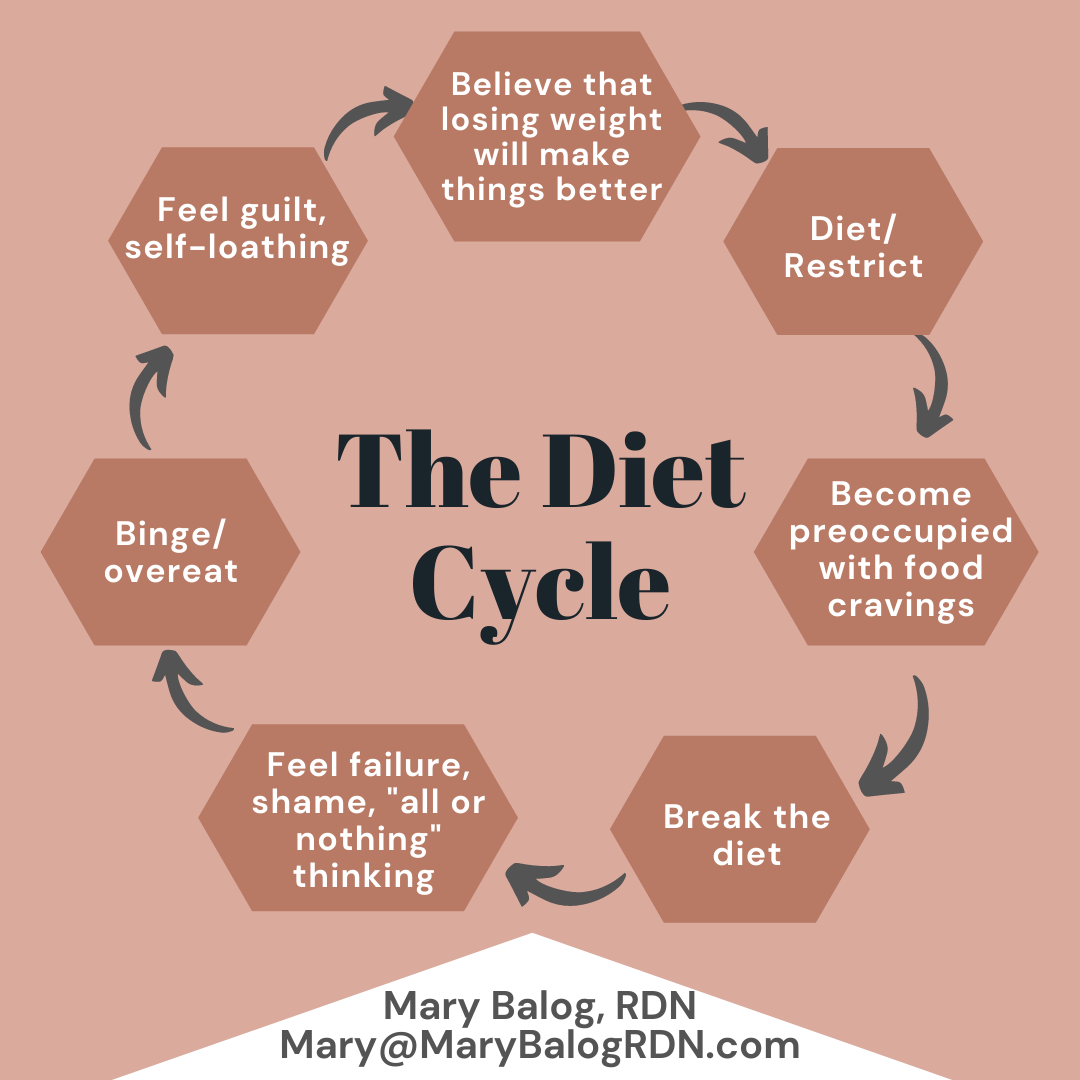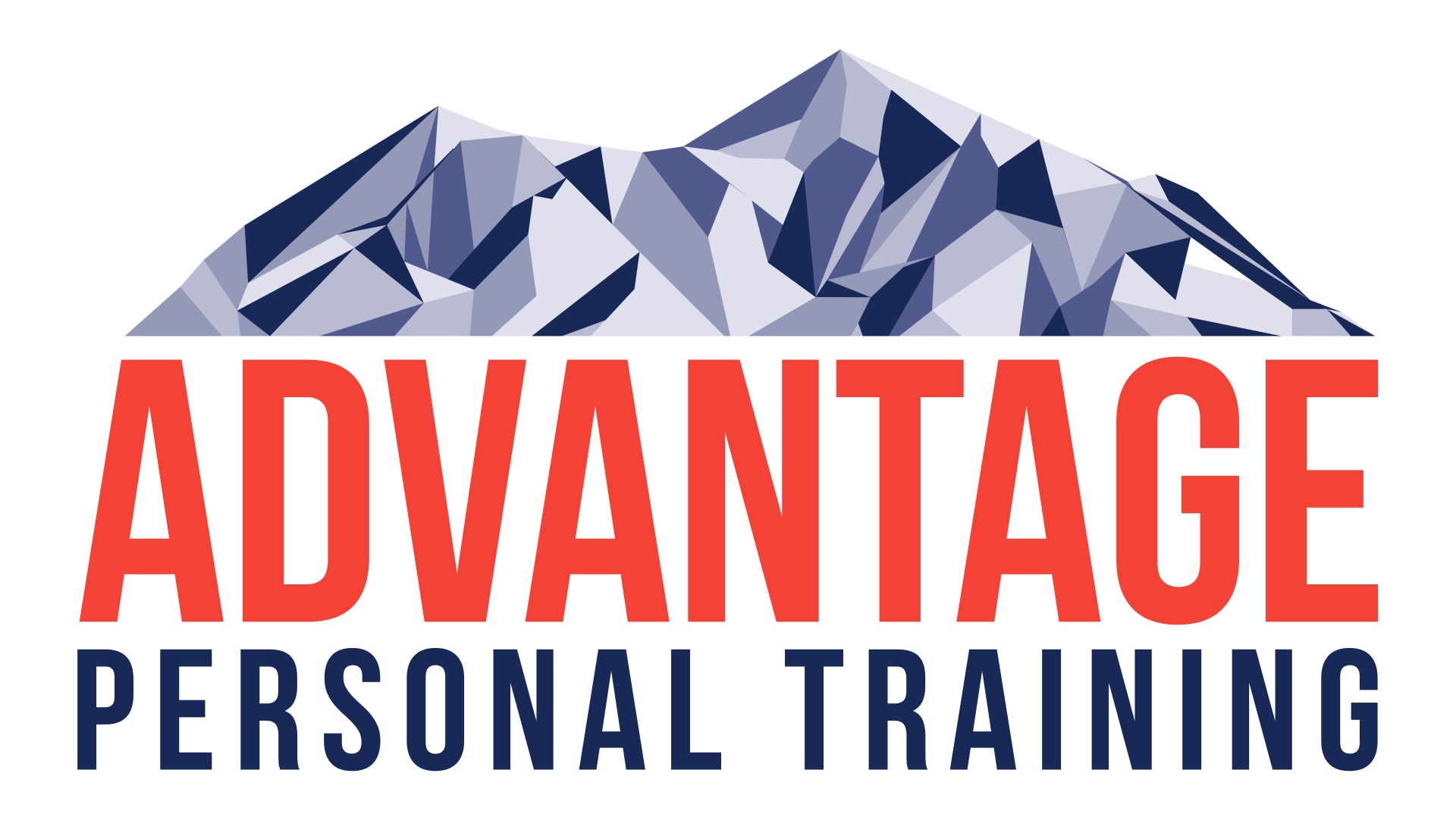If you do this exercise, you will die…
If you’re into fitness, reading a fitness magazine, went to any news site or newspaper, or looking at ads on the side of Facebook you’ve probably seen all types of hyperbolic headlines. To name a few I’ve seen:
Bananas make you fat
10 foods to never eat
10 foods to eat every day
10 reasons (Insert political party or individual politician) Hates America
1,000 exercises to avoid (okay this is barely hyperbole)
Lose 100 lbs by tomorrow night by eating green coffee beans
The rapture is coming…
People today love hyperbole. It generates page views for web sites and gets people generally more interested in a topic when the headline is over the top. Editors spends hours coming up with the perfect headline and it often changes throughout the day for the same article.
People also love to get maximum results with minimal effort. Didn’t lose 20 lbs this week like The Biggest Loser told you that you should? Might as well quit, your program isn’t working right? You’ll never reach your goal right? Wrong, you’re expecting unrealistic results that can only be achieved under extremely controlled circumstances.
This article is titled, “If you do this exercise, you will die…”
The best part of the title is there is absolutely no way to refute it and its opposite holds true as well. If you never exercise, you will die. It is tough for anyone to accept the fact that we’ll move on someday but I highly recommend not giving it to much thought. At some point, we’re all outta here regardless of whether we did functional training or isolation work, body building or power lifting, randomly programmed exercise or sport specific training. Clearly, completing an exercise probably won’t cause you to die (though people have died exercising or playing sports) however at some point we’re all moving on to whatever we believe is next.
One person on the ‘net has written articles on avoiding the following movements( as well as many others): hip thrust, kettlebells, overhead press, ab wheel, Olympic lifts, lunges, assistance exercises, Turkish get ups, thick back training, RICE (I’m okay with this one), leg curls, leg extensions, cardio, cardio rest days, support gear, working on stabilizers, advanced training techniques, wide stance/grips, functional training, peak contractions, suspension training, pullovers, powerlifting, grip training, kipping pull ups, periodization, cycling, yoga, floor press, Jefferson lift, lifting too fast.
Others have written to avoid squats, deadlifts, bench press, etc. In essence, if we followed all of these articles no one would be exercising. Ever. Under any circumstances. I’ve seen the effects of this method (complete, permanent inactivity) in a few patients I’ve seen in my practice and quite frankly, you don’t want to be that person.
What the hell should we be doing then?
Let’s take a real life situation and look at how it would go if we didn’t do any of these exercises. You trip over the blue line, mid court line, the 50 yard line paint or the curb. We need to use a push up (bench press/push up/horizontal press) to get to our knees. We then progress to half kneeling, then we use a lunge/split squat to get to our feet and we use bilateral stance to maintain our balance. Separately, we need to be able to do all of those exercises. Collectively, that is basically a Turkish get up (slightly modified) which is potentially a lifesaving skill to possess. The internet guru I mentioned above might have you just lay there waiting for someone to find you. This also happens daily; people fall and lay there for hours or days before a loved one comes to check on them.
I’m here to tell you that this “avoid every exercise” mentality is mostly hog wash and utterly absurd. In my practice, we squat, we dead lift, we lunge, we do push-ups, we carry stuff, we do single leg and arm progressions. I could also care less whether you’re 12 or 90. Basically, people come to me get every piece of the movement pie. Most of these are things we do daily. I’m not here to tell you that you can’t do the things you want to do ever again. I’m here to empower you and help you get back to where you were before pain came into your life.
It’s not that hard to justify holding back on certain exercises. It just depends on what your goals are. Are there some people who shouldn’t perform certain exercises? Sure there are. But that also doesn’t mean that they can’t do these things forever. Maybe it isn’t a good idea right now or maybe hitting full depth in a squat is something that your anatomy can’t handle. This could because of pain, muscle tightness, core stability requirements or poor movement patterns. If someone can’t perform a hip hinge, they sure as hell aren’t deadlifting today but that doesn’t mean they aren’t going to deadlift ever. Have you picked a box up off the floor recently or picked up your child? You just did a deadlift. Same goes for squats, overhead presses, etc.
Health care professionals tell people all the time to just stop whatever activity they’re doing at the time they injure themselves. Running, biking, weightlifting, are all examples of things my patient’s have told me they’re never supposed to do again. Aside from scaring the bejesus out of people, this doesn’t serve any purpose at all.
In my practice, we can use many different exercises (including every single one on that list above) to achieve your goal of being pain free and getting back to training. Just because something may hurt right now doesn’t mean that it is off limits for the future. Don’t let the internet guru’s guide to life, which excludes just about everything, paralyze you from living the life that you want. Whether you squat, lunge, clean, deadlift, use machines, run on the treadmill, or eat junk food on the couch the end product of each of our lives is the same. The journey of getting to that point is what matters and life is too short to stop doing the things you love or want to do because of an injury or pain.




Advantage Personal Training is an Ann Arbor based Family Oriented Gym, focusing on the training needs of individuals, small groups and youth athletes. Meet with a results-oriented personal trainer and put yourself on the path to a more active life!
SERVICES
CONTACT INFORMATION
Hours of Operation
Mon to Fri: 6:00 AM - 8:30 PM
Sat: 8:30 AM - 12:30 PM
Sun: CLOSED
All Rights Reserved | Advantage Personal Training



